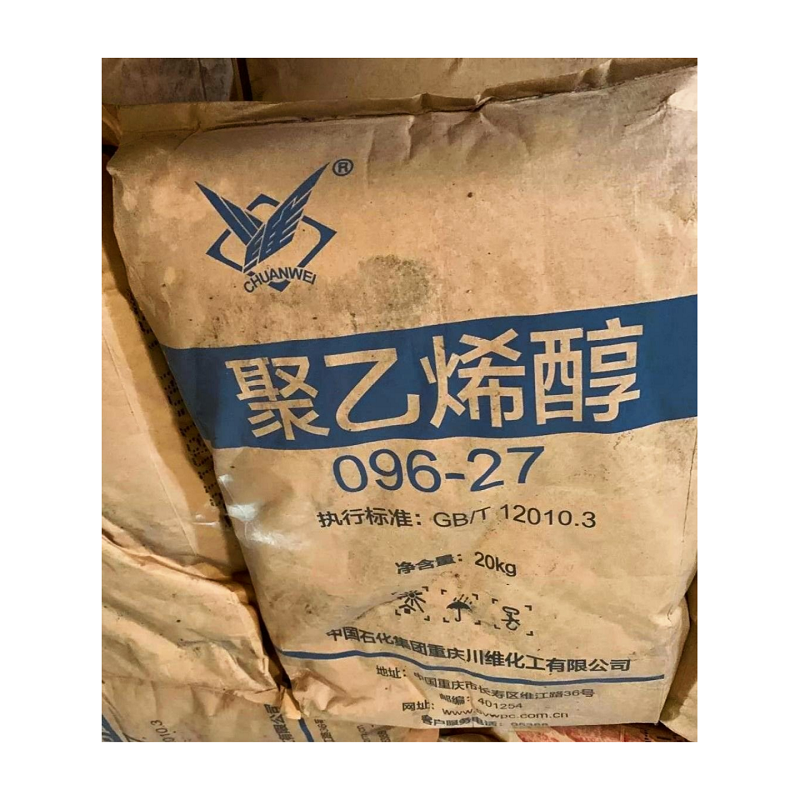Polyvinyl Alcohol (PVA) has gained broad usage in construction range of building materials due to its helpful characteristics. This article review the primary benefits of using PVA in building construction such as enhanced bond strength, greater durability, and environmental friendliness.
1. Introduction to Polyvinyl Alcohol
Polyvinyl Alcohol is a waste polymer. Such material is water soluble and is known to have degradable characteristics which hold promise in modern construction materials. Its interesting chemical features enable it to be applicable in various functions, augmenting it in the industry. PVA can be easily distinguished as it is the most effective material in developing more dependable construction materials which are also environmentally friendly.
2. Enhanced Structural Adhesion
PVA, among its several pros in construction materials, has the most significant utility as it has superior adhesive properties. PVA plays the role of a different primer, assisting in the adhesion of several substrates. This is crucial in adhesive applications like tile adhesive; more precisely, where installation and fixture stresses and pull-offs of bonded materials are encountered. Thanks to PVA, manufacturers may now manufacture more moisture resistant and environmentally friendly bonds, resulting in stronger and lasting constructions.
3. Excellent Adhesive Properties and Moisture Resistance
Heat, moisture, and chemicals are all environmental elements with which Polyvinyl Alcohol can interact. Its inclusion further enhances overall material strength, allowing for a wider range of applications – from surface coatings to finishing works. The increased water and chemical resistances mean that buildings can be exposed to extreme weather conditions without the structural systems failing. This strength is essential in reducing maintenance expenses and enhancing the service life of buildings; both are important issues for contractors and building owners.
4. Environmental Benefits
While many people are trying to develop PVA in construction materials, there is also an important factor to consider, namely, the environment. PVA is ‘alive’, i.e., it is microbe-degradable, which means that after keeping lifeline, such a polymer product can reduce its impact on the environment. Also, the properties of PVA that are water soluble enable the materials to be washed off during the production and thus reduced the waste level. This substance is suitable for builders working towards greener construction practices because it helps in attracting environment-loving customers and satisfies higher level of environmental regulations.
5. Industry Trends and Future Outlook
There is a trend that can be seen in the construction industry today, where more focus is being paid to the materials and the ways they are used. The construction of Polyvinyl Alcohol is expected to grow in the future owing to increasing numbers of builders and manufacturers who would trade in such construction materials. There is a rise in the development of new PVA formulations that will lead changes in properties and different applications of the product. There is no doubt that the trend of using green products will push the R&D of new markets driving the construction materials of the future powered by PVA. In summary, the usage of Polyvinyl Alcohol in construction not only expands the scope of marketable materials and products in the industry but it is one of the materials in support of compliance with the recent trends and changes in the industry giving it an advantageous strength in the current world of construction.

